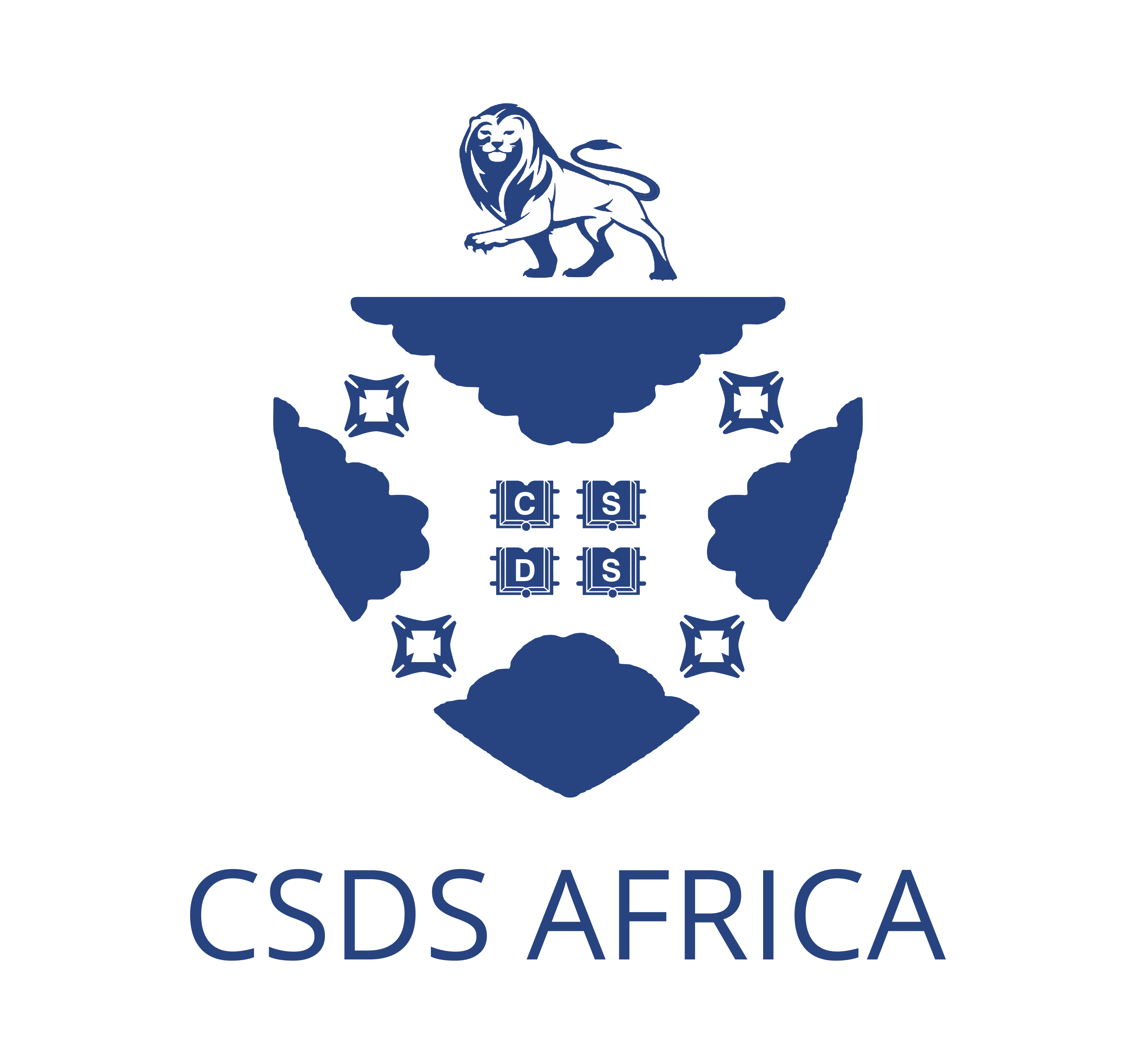SUDAN RISK REPORT
Security travel advice for Sudan
SECURITY INFORMATION
Threat level: High
The current travel safety advice is to remain vigilant at all times as the country is currently in a state of emergency in many areas. South Sudan is an independent state as of 2011.
You should avoid travelling to: Central Darfur, East Darfur, North Darfur, West Darfur and South Darfur, under any circumstances. Entry into any of these areas requires special permission from the Sudanese government. Banditry and lawlessness are common in these areas.
Most areas of the country suffer from violent crime and political unrest. Security precautions should be taken during any visits, and be vigilant of the general terror threat targeted at western travellers.
Recent Security Risk Events
Travel to the Sudan/Libya border is highly advised against. There has been much militant activity in these areas in recent years. In 2015, five refugees were killed while fleeing from border police. Take extra care if you do have to travel to this area and seek advice from the local police before traveling.
Anti-government demonstrations can occur at short notice in many areas of Sudan, especially Khartoum. Monitor local media and stay clear of any gatherings when possible.
In January 2017 three people were reported killed and several others wounded when a Nuer White Army militant opened fire on a car carrying passengers along the Juba-Nimule road.
Security Risks
Hezbollah, Palestine Islamic Jihad, and the Abu Nidal Organization are all renowned terror organisations known to operate in Sudan. The country is also known to harbour many terrorist training camps due to its sheer size, making it easy for groups to hide from any civilisation.
Such groups often target western travellers and may attack at any time. This is a serious threat that should be taken into consideration during travel in Sudan. There have been several large scale terror attacks in the country in recent years.
International Relations
Sudan’s international relationships mostly revolve around the Arab Muslim states and its economic relationships rely heavily on China. The country also has a strong diplomatic relationship with Russia which sees embassies in both countries. Relationships between Sudan and the United Kingdom are shaky after the Sudanese government accused foreign aid organisations such as Oxfam as being spies and attempting to ban their work.
Travel considerations
The road conditions in Sudan are generally poor, and many collisions occur every day due to poor standards of driving. The roads are also not lit at night, and are often used by pedestrians or donkey carts. You can drive in Sudan on a UK, EU, US or international driving licence for up to 3 months. White Nile, North Kordofan and Sennar states are all high risk areas and travel to these locations is highly advised against.
GENERAL INFORMATION
Official languages: Arabic and English
Religion: Christianity and Islam
Currency: Sudanese pound
Visa requirements
Most nationalities will require a visa before they travel to Sudan. It is advised you do this at least 6 weeks before travel due to processing time. If you are unsure as to whether you require a visa you should check with your nearest Sudanese embassy before travel to avoid complications.
Immunisations
It is advised that visitors to Sudan are up-to-date with primary boosters such as MMR. It is recommended for most travellers to also consider getting Tetanus and Hepatitis A.
There is a risk of Yellow Fever in some parts of Sudan so travellers may want to consider a vaccination. If you are coming from a country where there is a risk of the disease, or transiting for longer than 12 hours in an at risk country, you will have to provide a certificate of Yellow Fever vaccination. Check with your local health professional prior to travel if you are unsure.
Other health risks
Malaria is an issue within parts of the country. Use of antimalarial medication is advised as medical care is poor in many parts of Sudan and vital care and treatment may be unavailable if you contract the disease.
Personal hygiene must be paramount and the local water supply avoided at all costs and bottled water inspected prior to consumption.
CONSULAR INFORMATION
U.S. Embassy Khartoum
P.O. Box 699
Kilo 10, Soba
Khartoum,
Sudan
Telephone: +249 187 0 22000
Email: KhartoumNIV@state.gov
British Embassy Khartoum
off Sharia Al Baladia
Khartoum East
Khartoum
(PO Box No 801)
Sudan
Telephone: +249 0 156 775500
Email: information.khartoum@fco.gov.uk



